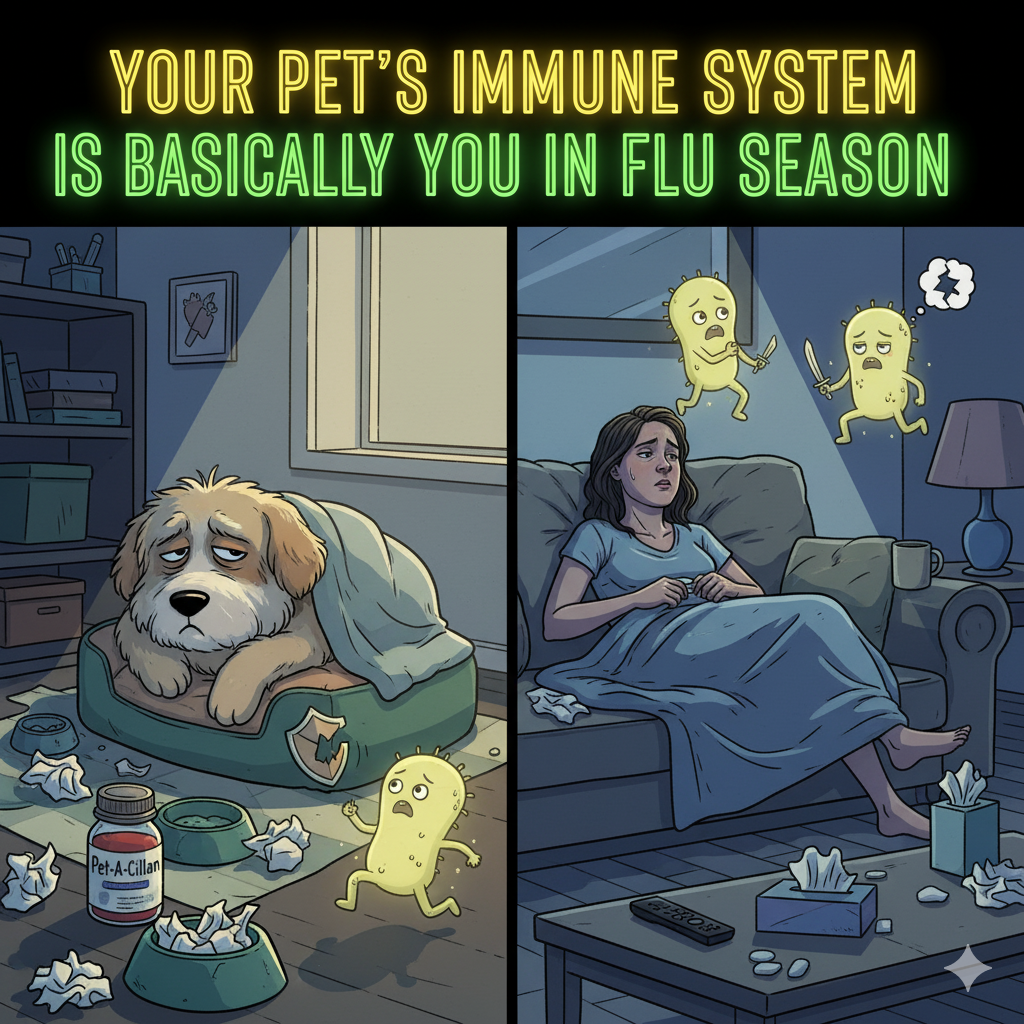Whether you’re a new pet parent or a seasoned animal lover, learning how to keep pets healthy is essential for ensuring their long, joyful life. A balanced approach to pet care includes nutrition, grooming, physical activity, mental well-being, and preventative healthcare. In this blog, we’ll explore 10 expert tips that blend natural care with practical routines—perfect for any lifestyle.
These tips are especially useful for dog and cat owners looking for daily health routines, working professionals, families with children, and even first-time pet adopters.
1. Follow a Consistent Dog and Cat Care Routine
A regular care routine builds trust, reduces anxiety, and strengthens your bond with your pet. Start with consistent meal times, daily walks, bathroom breaks, grooming sessions, and bedtime rituals.
For example, brushing your dog’s coat every evening or cleaning your cat’s litter box at the same time each day can enhance predictability and calmness.
Pro Tip: Use a pet care journal or an app to track feeding, walks, grooming, and vaccinations to build consistency.
2. Choose Healthy Pet Food Recommendations from Experts
Nutrition is the foundation of pet wellness. Always opt for healthy pet food recommendations from veterinarians or reputed pet nutritionists. Avoid foods with artificial preservatives, excess fillers, or sugars.
Look for ingredients like:
- Lean proteins (chicken, lamb, fish)
- Whole grains or grain-free options based on allergies
- Omega-3-rich oils for coat health
Consider linking to pet wellness tips pages from veterinary sites for in-depth food guides.
3. Preventing Common Pet Illnesses Starts at Home
Most pet diseases are preventable with proper hygiene, timely vaccination, and observation. Look out for early signs like changes in appetite, vomiting, lethargy, or behavioral shifts.
Preventing common pet illnesses includes:
- Regular vet checkups
- Deworming and flea control
- Avoiding contact with sick animals
- Monitoring water and food hygiene
Keep a monthly pet vaccination checklist handy to ensure timely shots against rabies, parvovirus, distemper, and others.
4. Practice Pet Grooming at Home Weekly
Clean pets are happy pets. Pet grooming at home is not just affordable but also strengthens your bond. It includes:
- Brushing their coat
- Trimming nails
- Cleaning ears
- Bathing with pet-safe shampoos
Short-haired pets may need grooming once a week, while long-haired breeds need more frequent care.
Choose grooming tools suited for your pet’s coat type and use calming sprays or treats to make grooming stress-free.
5. Use Safe Pet Toys and Accessories
Unsafe toys can be choking hazards. Always opt for safe pet toys and accessories made from non-toxic materials. Avoid toys with:
- Small detachable parts
- Sharp edges
- Cheap plastic or synthetic dyes
Rotate toys weekly to maintain excitement and provide mental stimulation for pets.
Eco-friendly toys made from hemp or recycled materials are a great choice for pet wellness advocates.
6. Discover Natural Remedies for Pets
More pet owners are turning to natural remedies for pets to treat minor ailments. Some popular, vet-approved options include:
- Coconut oil for skin issues
- Chamomile tea for anxiety
- Pumpkin puree for digestion
- Apple cider vinegar for fleas
Always consult a vet before using natural alternatives—especially for chronic or serious conditions.
This is ideal for pet parents interested in holistic and natural pet care looking for safe home solutions.
7. Daily Pet Exercise is a Must
Wondering how to exercise your pet daily? Make it fun! Exercise not only controls weight but also improves mood and reduces destructive behavior.
Here’s how:
- Dogs: Walks, fetch games, agility courses
- Cats: Laser toys, climbing trees, feather chasers
- Small pets: Rotating wheels, tunnels, and space to roam
At least 30–60 minutes of activity is recommended based on your pet’s age and breed.
8. Provide Mental Stimulation for Pets
Mental wellness is just as important as physical health. Mental stimulation for pets includes puzzles, training games, or interactive feeders.
Ideas:
- Hide and seek treats
- Teaching new commands
- Snuffle mats or Kong toys
- Regular social interaction
9. Stick to a Pet Vaccination Checklist
Vaccines are essential in your journey on how to keep pets healthy. Use a pet vaccination checklist from your vet to stay on schedule.
Core vaccines include:
- Dogs: Rabies, parvo, distemper
- Cats: FVRCP, rabies, FeLV
Also consider lifestyle vaccines like:
- Lyme (for outdoor dogs)
- Bordetella (if you visit dog parks)
10. Schedule Annual Vet Visits and Health Screenings
Many illnesses in pets are silent. Annual vet exams help catch diseases early and ensure vaccinations, weight, and dental care are on track.
Request:
- Blood tests
- Urinalysis
- Dental cleaning
- Joint and coat assessment
This is critical for seniors with emotional support animals and families with children and pets, ensuring your furry friend stays safe and healthy.
Final Thoughts
Following these 10 pet wellness tips will give you a well-rounded understanding of how to keep pets healthy in both body and mind. From choosing the right diet and grooming at home to mental stimulation and vaccinations, every small action makes a big difference.
As a pet parent, your commitment to daily care ensures not just longevity—but also a life full of tail wags, purrs, and joyful memories.
Who Should Use These Tips?
These actionable tips are tailored for:
- New pet owners seeking basic and actionable care tips
- Pet parents interested in holistic and natural pet care
- Working professionals managing pet care with busy schedules
- Animal lovers and pet wellness advocates
- First-time dog/cat adopters
- Bloggers or influencers in the pet niche looking for content ideas
Quick Recap: How to Keep Pets Healthy
| Tip # | What to Do | Benefit |
|---|---|---|
| 1 | Set daily care routines | Reduces stress, builds trust |
| 2 | Feed expert-recommended food | Supports immune system and energy |
| 3 | Prevent common illnesses | Avoid costly treatments |
| 4 | Groom at home regularly | Maintains hygiene |
| 5 | Choose safe toys | Prevents injuries and adds fun |
| 6 | Try natural remedies safely | Holistic support for minor issues |
| 7 | Exercise your pet daily | Physical and mental well-being |
| 8 | Offer mental stimulation | Reduces anxiety and boredom |
| 9 | Stick to a vaccine checklist | Keeps diseases at bay |
| 10 | Visit your vet annually | Early detection and full health review |






1 thought on “10 Tips for Keeping Your Pet Happy and Healthy”